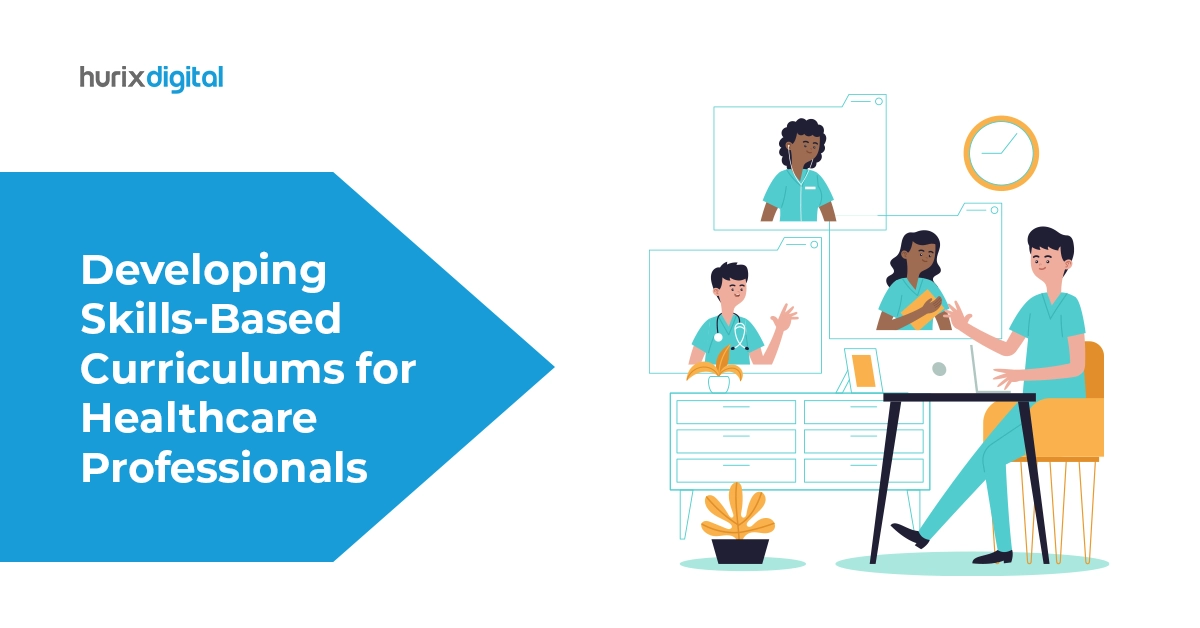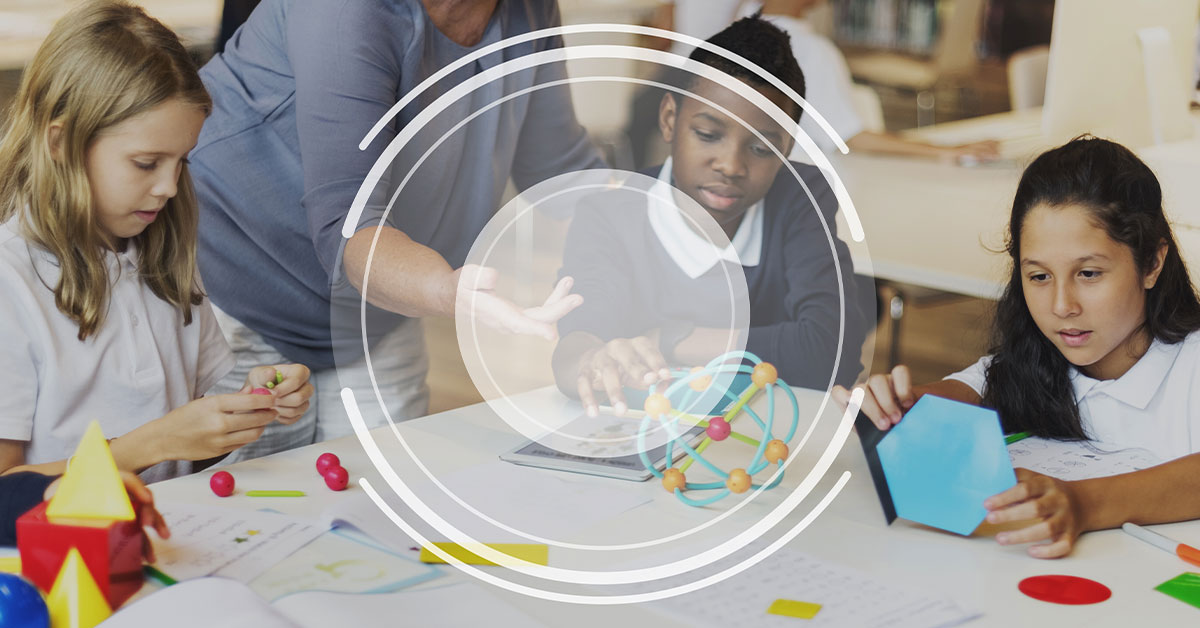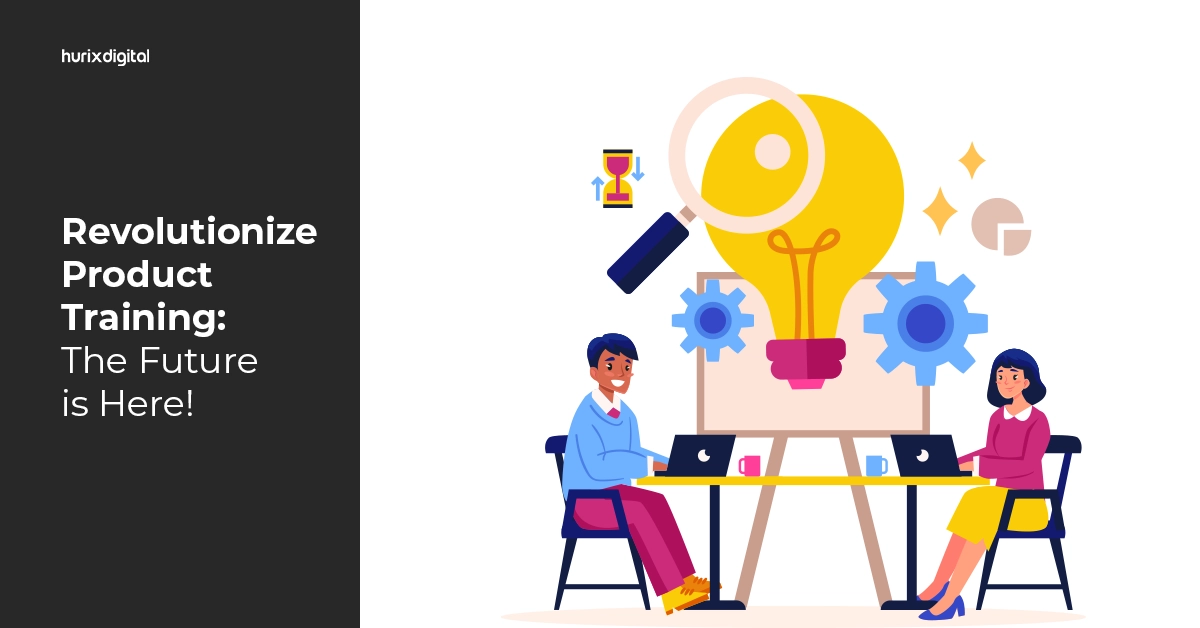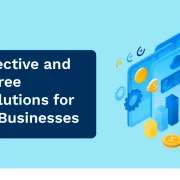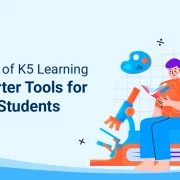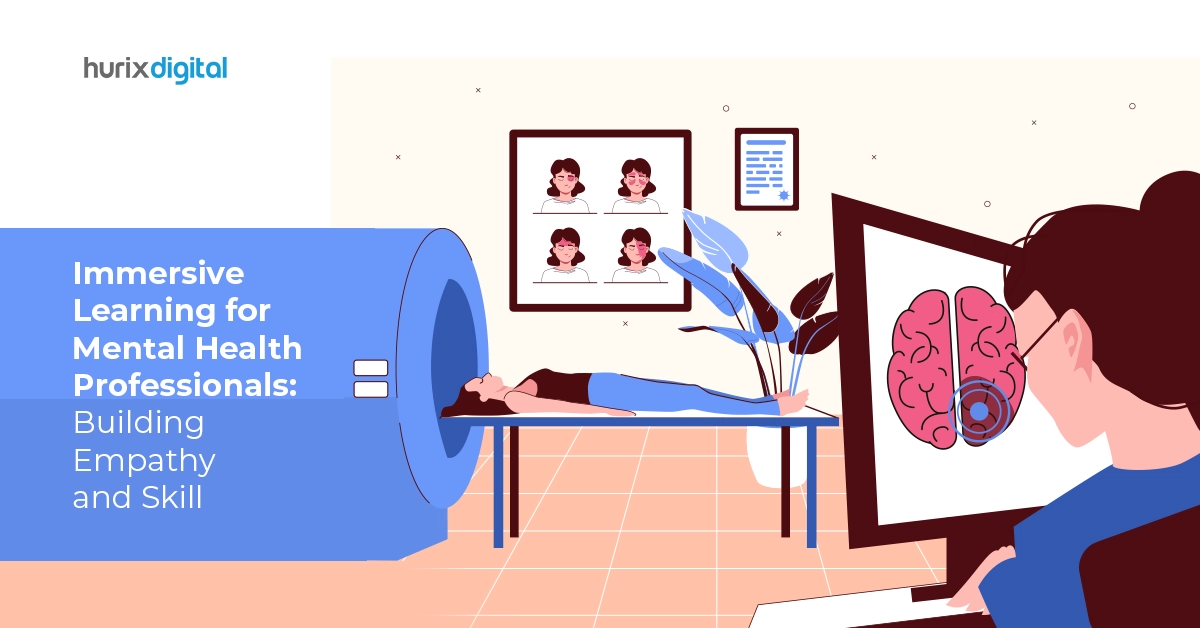
Immersive Learning for Mental Health Professionals: Building Empathy and Skills
Summary
Learn about the role of immersive learning in training mental health professionals. This blog discusses how VR and other technologies can enhance empathy and skill development.
In recent years, mental health issues have shed their taboo status and are now gaining the recognition, acceptance, and treatment they deserve worldwide.
Across familial, social, educational, and occupational settings, attitudes toward mental health are evolving positively, with professionals increasingly undergoing advanced training to develop skills and empathy.
Globally, there was a sharp increase in the number of people impacted by depressive symptoms (193 million to 246 million) and anxiety disorders (298 million to 374 million). In 2022, 23.1% of the adult population in the USA was found to suffer from a mental health condition.
Confronted with these stark realities, the urgency for transformative education through immersive learning for mental health professionals has become evident.
Read on as we explore how immersive learning plays a pivotal role in educating and empowering mental health professionals in today’s age. Let’s dive in!
Table of Contents:
- Who Can Benefit from Immersive Learning?
- Effective Immersive Learning Techniques for Mental Health Professionals
- Key Advantages of Immersive Learning for Mental Health Professionals
- Way Forward
Who Can Benefit From Immersive Learning?
Based on their qualifications, certifications, and training, mental health professionals can range from physicists, psychologists, psychoanalysts, and psychotherapists to psychiatric nurses, counselors, social workers, and even art therapists.
Through immersive learning, these professionals can enhance a wide range of services, including:
- Diagnosing, preventing, treating, and prescribing medications for behavioral disorders, addictions, emotional problems, traumas, depression, learning disabilities, and relationship issues
- Exploring deep-seated reasons behind dangerous behavioral patterns, repressed impulses, internal conflicts, and anxieties
- Managing challenging patient behaviors, administering medications, and providing therapies
- Offering support and guidance to patients, families, and caregivers
- Resolving and handling domestic violence, substance abuse, and social challenges
- Using art as a medium for patients to express, understand, and resolve distressing thoughts and emotions
Also Read: How Flexible Staffing Future-Proofs Your Workforce Planning?
Effective Immersive Learning Techniques for Mental Health Professionals
Immersive learning goes beyond bookish lessons and a traditional classroom experience to spark real interest in students, improve engagement, and ease understanding of complex concepts and methodologies.
It also helps mental health professionals to practice in real-life scenarios, hone their skills more efficiently, and learn how to implement therapeutic techniques.
Here are some popular immersive learning technologies:
1. Virtual Reality Training
Virtual environments can simulate various realistic scenarios where professionals can interact with patients, analyze their behaviors and reactions, and diagnose underlying issues.
Simulation learning can help them improve their ability to ask the right questions, express empathy and concern correctly, handle aggression or uncooperative behavior, and show sensitivity to social, cultural, gender-based, and other factors. VR training can encourage critical thinking on the spot and familiarize mental health professionals with the multiple possible outcomes of a single situation.
2. Augmented Reality Training
An interactive learning experience, augmented reality, or AR, can help mental health professionals understand the anatomy and functioning of the brain and nervous systems better. It can combine physical objects and virtual elements to make education more precise, effective, and understandable.
AR can also transform the way a mental health worker understands the effects of different drugs on the brain. This can help professionals make more informed decisions and ensure better patient outcomes.
3. Gamification
This is another immersive and interactive learning technique that drives student participation, engagement, and excitement while accelerating the pace of lessons.
For instance, introducing elements such as challenges, quizzes, leaderboards, and rewards can motivate students to learn faster, work as a team, collaborate with colleagues, and resolve disputes to achieve a common objective.
Key Advantages of Immersive Learning for Mental Health Professionals
These are the major reasons why immersive learning is gaining momentum in the mental healthcare landscape:
1. Reduced Risk of Errors
Since no real patient is involved in virtual environments, mental health workers can practice various scenarios, interactions, interventions, and procedures countless times without posing any real risk to anyone. They can make mistakes and fine-tune their skills during virtual reality training safely so that their real-world experiences are as safe as possible.
2. Personalized Learning
No two learners are the same when it comes to picking up new skills, mastering difficult concepts, diagnosing obscure disorders, or administering therapies. However, with simulation learning, lessons can be customized as per each student’s abilities and needs.
3. Instant Evaluation
Immersive learning techniques make it easy to provide learners with instant feedback so they know how they are performing and can tweak wherever necessary in real time. This makes for a responsive experience and speeds up the learning process.
4. Better Retention
Learning through experiences helps you retain information by up to 75%. And since VR, AR, or a combination of both gives healthcare professionals a multisensory experience; it becomes easier for them to remember important details and retain bigger chunks of knowledge compared to a conventional setting like a lecture. This means they can also share the correct information with others.
5. Improved Collaboration
Mental health professionals of different kinds or specializing in different areas can learn how to coordinate, communicate, and collaborate through virtual environments. They can also exchange learnings and work together transparently to address a particular patient scenario in the best possible way.
6. Better Communication with Patients
Improving clinical communication is a crucial part of skill development for mental health workers. Through VR training, they can learn how to tackle patients of different ages or from different economic, socio-cultural, and religious backgrounds.
They can refine their communication based on different disorders, too, like phobias, anxiety, depression, eating disorders, schizophrenia, and so on. Simulation learning can also teach professionals to deal with a patient’s family and caregivers appropriately and share difficult news empathetically and ethically.
7. Long-Term Cost-Effectiveness
Immersive learning techniques are comparatively more cost-effective than traditional hands-on training, which might involve renting facilities, buying special equipment, or treating actual patients.
VR headsets are value for money in the long run and allow mental health professionals to access resources from anywhere in the world. They can also study and complete lessons at their own pace and whenever it is convenient for them.
Also Read: 8 Essential Workforce Training Expectations to Master & Surpass
Way Forward
From improving clinical skills to enhancing collaboration and communication to ensuring empathy building, immersive techniques can revolutionize the mental health educational landscape.
It enhances the skill set of mental health professionals and fosters a deeper understanding of patient needs and experiences.
Hurix Digital, in this regard, is poised to lead the charge in transforming mental health education through immersive learning solutions. Using cutting-edge technologies such as virtual reality (VR), augmented reality (AR), and gamification, our experts empower mental health professionals to excel in their roles with enhanced empathy, precision, and effectiveness.
Connect with us for more details.

Performance, Results, Growth, and Life-Long Learning define my professional life. I am passionate about making workplace learning planful, purposeful, and impactful. I take pride in partnering with clients and bringing them the best in learning design and creating solutions that address business challenges.
